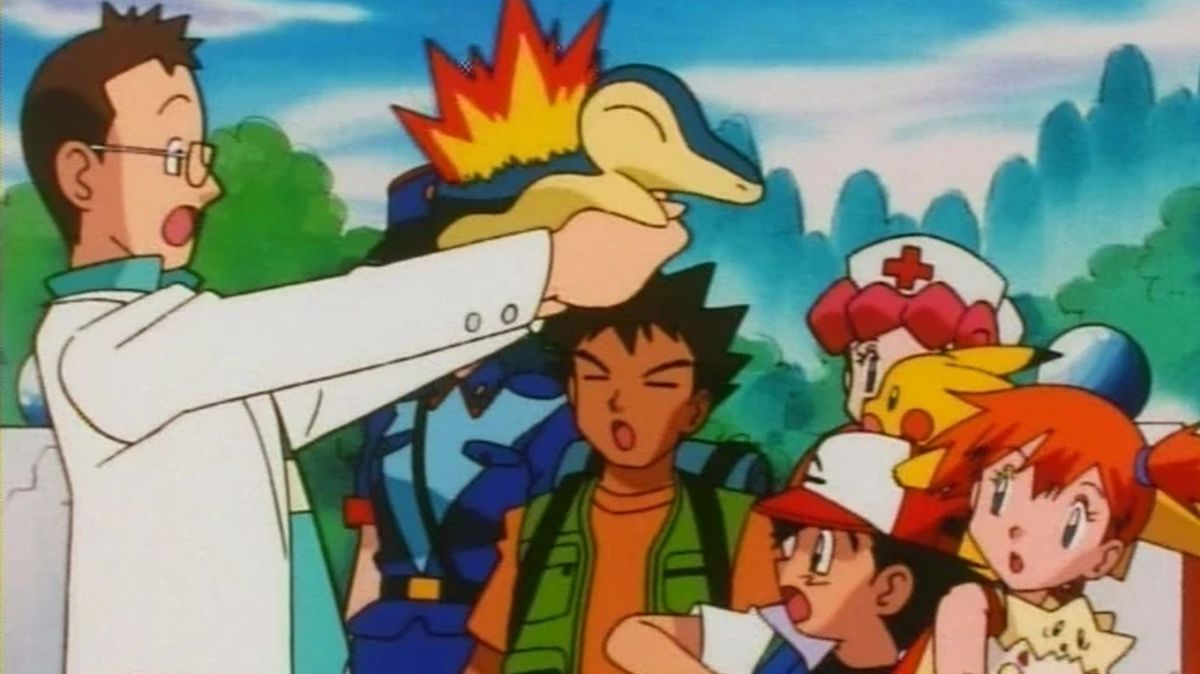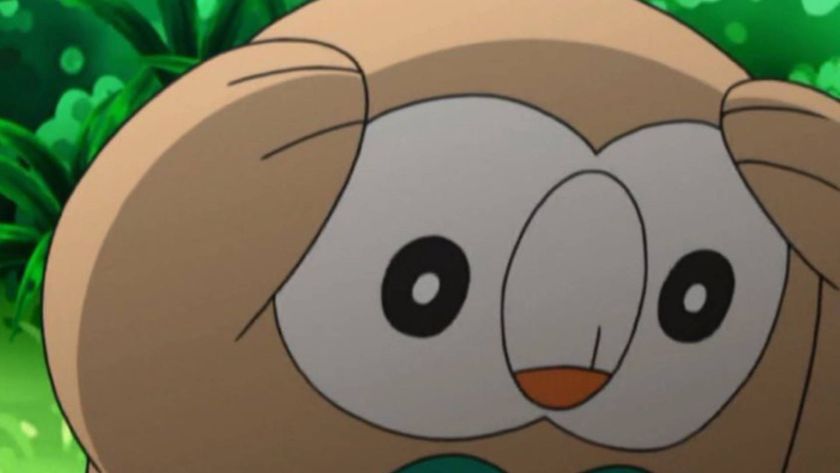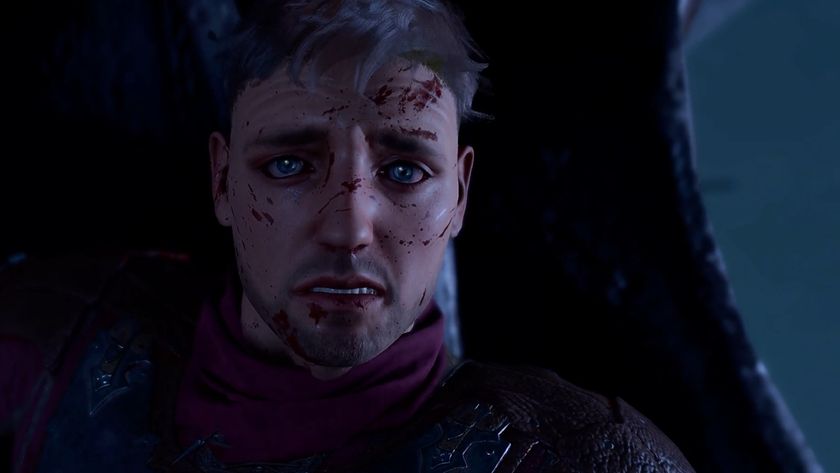
A veteran Pokemon developer has revealed how a single line in Pokemon Crystal made his life a lot more difficult - but explained that getting things right was a matter of personal pride.
In a recent tweet, Nob Ogasawara, who worked as a translator on almost every major Pokemon game from Red and Blue all the way to Platinum, said that a line right at the start of Crystal offered a substantial challenge.
Pokemon's second generation was the first to allow players a choice between whether they wanted to play as a male or female avatar. That choice was illustrated by a pair of questions at the very start of the game: "Are you a boy? Or are you a girl?"
So, I had to do workarounds since I couldn't use gender-specific pronouns for the protag.So: "What's that pipsqueak doing here?""The little squirt's tough!"When Yellow (?) added a tagalong Pokemon, "they" became an option.The things people don't see behind the scenes.May 20, 2024
According to Ogasawara, that question was evidence of how Nintendo was taking steps to open up to female players. But his elation at that realization was quickly undone when he realized that "there's no gender-specific text." That meant that there was no way to easily code in a gendered pronoun ('he' or 'she') depending on what option the player had chosen.
That meant that words like 'he', 'she', 'him', or 'her' didn't fit in the game, meaning that Ogasawara "had to do workarounds" every time another character referred to the protagonist. That partially explains why words like 'squirt' and 'pipsqueak' are used to refer to the player so often throughout some of these games. Ogasawara also explained how in the earliest days of Pokemon, even the word 'they' wasn't an option - it was only once Pikachu turned up as a "tagalong" Pokemon that it fitted.
Ogasawara notes that all of this is "the sort of thing most people don't even notice," and that that's fine with him - "as long as people don't trip over grammatical boobs and can breeze through the text without annoyance, I've done my job." That said, it was a point of professional pride to get this kind of thing right - "I could've easily half-assed things and the paymasters would've likely eaten such output happily, but I'd've known I could've done better - and worse my translation moots would have known it too."
I like to think that by the time Ogasawara's final series translation credits, in 2008's Pokemon Platinum, the background language code was a little more inclusive, but this remains an interesting look at an oft-ignored aspect of game development, especially for games coming West from Japan.
Sign up to the 12DOVE Newsletter
Weekly digests, tales from the communities you love, and more
Here's our list of the best Pokemon games.

I'm GamesRadar's news editor, working with the team to deliver breaking news from across the industry. I started my journalistic career while getting my degree in English Literature at the University of Warwick, where I also worked as Games Editor on the student newspaper, The Boar. Since then, I've run the news sections at PCGamesN and Kotaku UK, and also regularly contributed to PC Gamer. As you might be able to tell, PC is my platform of choice, so you can regularly find me playing League of Legends or Steam's latest indie hit.

After spending 2 years and $40,000 collecting every Pokemon card pack ever made, streamer Ludwig's collection is only worth $3,000

Pokemon's myth-like status as the world's highest-grossing media franchise thrown into question as Wiki editor says it may have been surpassed and we just don't know it
Most Popular







